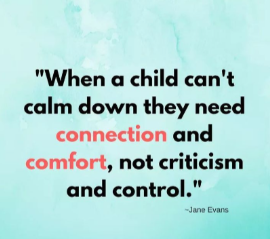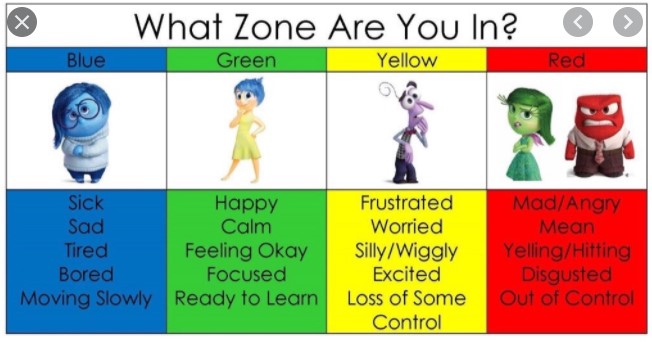Behaviour, Relationships and Trauma Perceptive Practice (TPP)
At Limes Farm Infant School and Nursery we believe that our school should be a safe, calm and happy environment that promotes respect, a positive learning experience and a sense of belonging.
Our focus is to ensure that all pupils feel safe within the school and develop positive, trusting relationships with all members of the school community and an ethos that displays compassion and kindness. Our behaviour policy is based on understanding, relationships, connection and restoration.
We are a school that has embraced the Essex approach to understanding behaviour and supporting emotional wellbeing known as Trauma Perceptive Practice (TPP).

Trauma Perceptive Practice (TPP) is the Essex approach to understanding behaviour and supporting emotional wellbeing in children and young people and is the approach adopted by Epping Forest Schools Partnership Trust.
There has been a huge growth in our knowledge about the formation of our brain and how it is affected by our childhood experiences. Adversity during childhood can have long lasting effects on how children and young people’s brains and bodies develop, with implications for behaviour, health and achievement seen well into adulthood.
This 'Brain Builders' video explains how experiences in the first years of our lives affect how our brains form. Science tells us that the stress of abuse or neglect can damage the basic structures of a child's developing brain. Without the right help, it can put them at risk of a lifetime of health problems, developmental issues and addiction.
TPP whilst supportive of those who have experienced challenge, trauma and adversity, is also an approach which has a multitude of benefits for all pupils and adults in our trust.
TPP focuses on understanding the stress response and how important it is for us to teach and practice self-regulation and resilience.
TPP is a relationship driven model for behaviour management and has the underlying belief that most behaviour is needs driven and applies to both children and adults.
A TPP approach should lead adults to offer different, alternative and more helpful responses to difficulties and challenges with relationships and behaviour which will ensure interactions are supportive and nurturing, rather than negative.
Within the TPP approach, it is important to remember the importance of consequences, the use of restorative approaches and optimism. TPP is not a softly, softly, approach to behaviour management. It helps to build resilience and self-esteem. It works towards strengthening relationships through repair.
All staff at Limes Farm Infant School and Nursery have received Trauma Perceptive Practice (TPP) training.
We expect our staff to demonstrate the core values of TPP principles with our pupils. TPP principles are reflected in our Positive Relationships and Behaviour Policy which recognises that the good relationships we create with children will have the greatest influence on their interactions with us and one another.
We promote an environment which encourages a sense of belonging, the development of safe and trusted relationships and the building of resilience. TPP creates an underlying culture of mutual respect and support where we practice:
- Compassion and kindness instead of blame and shame
- Hope instead of hopelessness
- Connection and belonging rather than disconnection
TRAUMA PERCEPTIVE PRACTICE EXPLAINED
TPP exists alongside Zones of Regulation which provides children with the language and skills needed to recognise and express their emotions.

The children explore these zones and learn to be able to identify which zone they are in. There are also visuals in every room classroom which are used to support childrens understanding. Sometimes children can’t or don’t want to name the emotion but they can identify which zone they are in.
Children also learn that their feelings and emotions can lead to expected and unexpected behaviours and that those behaviours can have an impact on the children and adults around them.
